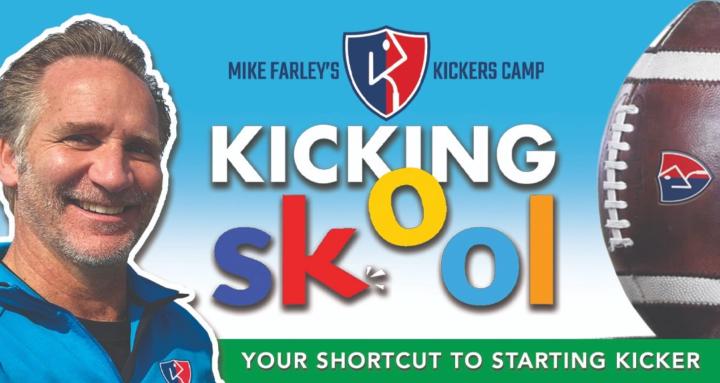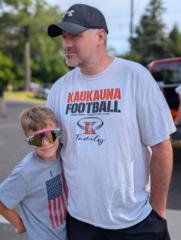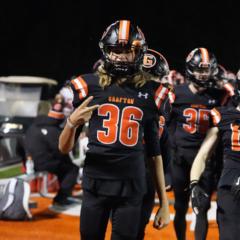Jun 17 • Recruiting & NIL
Making sense of the New College NIL Landscape
TLDR:
• House v. NCAA suite is now resolved
• NCAA to pay $2.8B over 10 year period to NIL affected athletes from 2016-2024
• 75% football, 15% basketball, 5% women's BB & 5% remaining sports
• Universities can pay their athletes directly starting July 1st
• NIL deals over $600 will need to be approved by a Clearinghouse
• Plenty of questions remain on the specifics
59 months after the initial class-action House v. NCAA suit was filed is now resolved. Judge Claudia Wilken approved the House settlement on June 6th in the U.S. Northern District of California, marking a landmark decision in the history of college sports.
Since the NCAA was founded in 1906, institutions have never directly paid athletes. That will now change with the settlement ushering in the revenue-sharing era of college sports. Beginning July 1, schools will be able to share $20.5 million with athletes, with football expected to receive 75%, followed by men's basketball (15%), women's basketball (5%) and the remainder of sports (5%). The amount shared in revenue will increase annually.
Power Four (no longer the P5 -- Pac12 out... ACC, Big10, Big 12 & SEC) football programs will have roughly $16 million to spend on rosters for the 2025 season. Many schools have front-loaded contracts ahead of the settlement’s approval, taking advantage of contracts not being vetted by the newly formed NIL clearinghouse.
Instead of facing $20 billion in back damages, the NCAA and Power Five conferences signed off on a 10-year settlement agreement that includes $2.8 billion in back damages. The NCAA is responsible for paying the amount over the next decade – $277 million annually. Roughly 60% will come from a reduction in distribution to institutions. The NCAA is tasked with closing the other 40%, which will come through reducing operating expenses.
Some of the top athletes in recent memory will make millions.
The settlement also imposes new restrictions on college sports. An NIL clearinghouse will be established, titled "NIL Go" and run through Deloitte. All third-party NIL deals of $600 or more must be approved by the clearinghouse. If not approved, the settlement says a new third-party arbiter could deem athletes ineligible or result in a school being fined. In a gathering at the ACC spring meetings, Deloitte officials reportedly shared that 70% of past deals from NIL collectives would have been denied, while 90% of past deals from public companies would have been approved.
And while the settlement will usher in a new era of college sports, plenty of questions continue to linger. Drafted conference membership contracts are circulating at the Power Four level. The agreements spell out that institutions must waive their right to sue the College Sports Commission — the new enforcement entity to be created following the settlement's approval.
The contracts are a direct shot at Tennessee's new state law, which allows schools and their NIL collectives to continue to pay above the cap – creating a competitive advantage. Not signing the membership agreement could result in schools being kicked out of their conferences or risk being blackballed by the rest of the Power Four.
The College Sports Commission, run by the Power Four, hired Major League Baseball executive Bryan Seeley as CEO, the commission announced. – Pete Nakos
2
2 comments

skool.com/kickerscamp
Kickers & punters, learn HOW to kick at the next level — a community for high school and college players, parents and coaches! 7-day FREE trial!
Powered by





